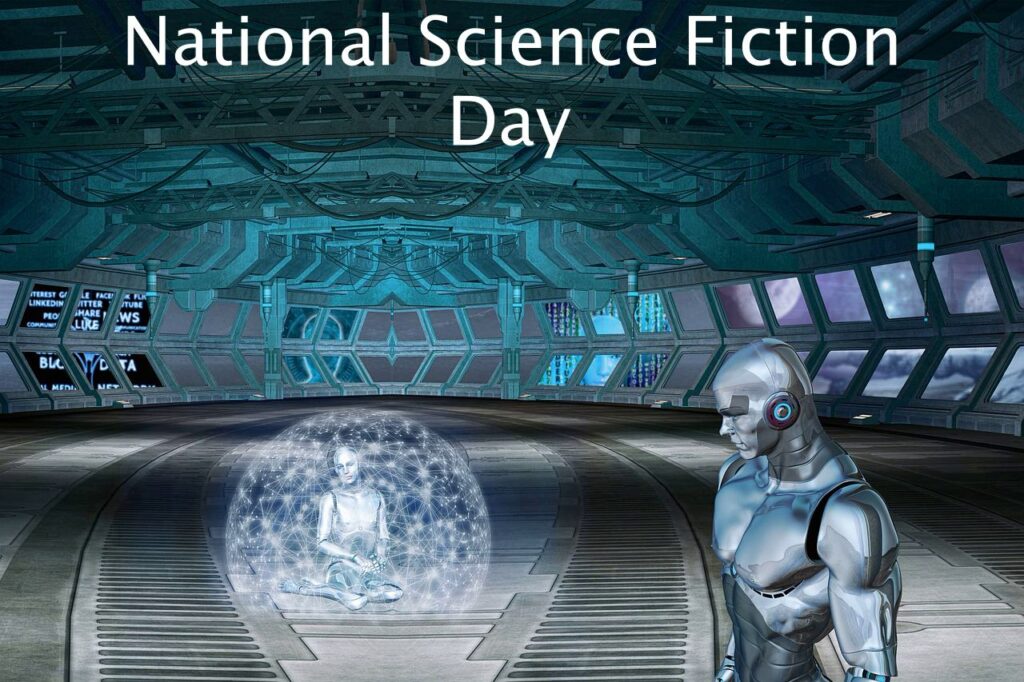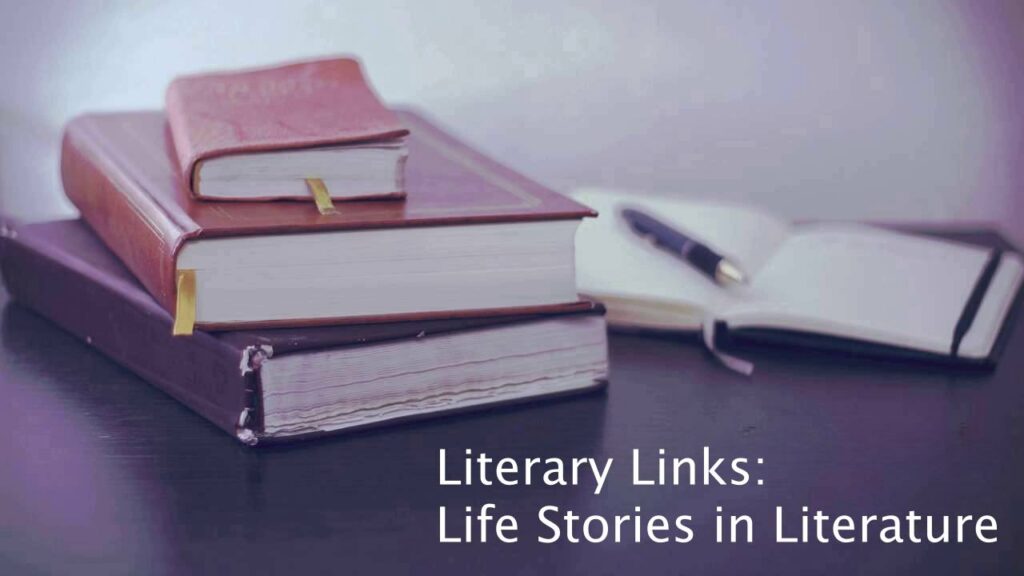Literary Links
The 20 In-Flight Crime Movie Options on This Airplane, Ranked This article amused me because, by the time you read this, I will have spent some huge number of hours flying from the West Coast of the U.S. to Amsterdam to embark on a 6-week cruise. As much as I enjoy traveling, I hate these […]



